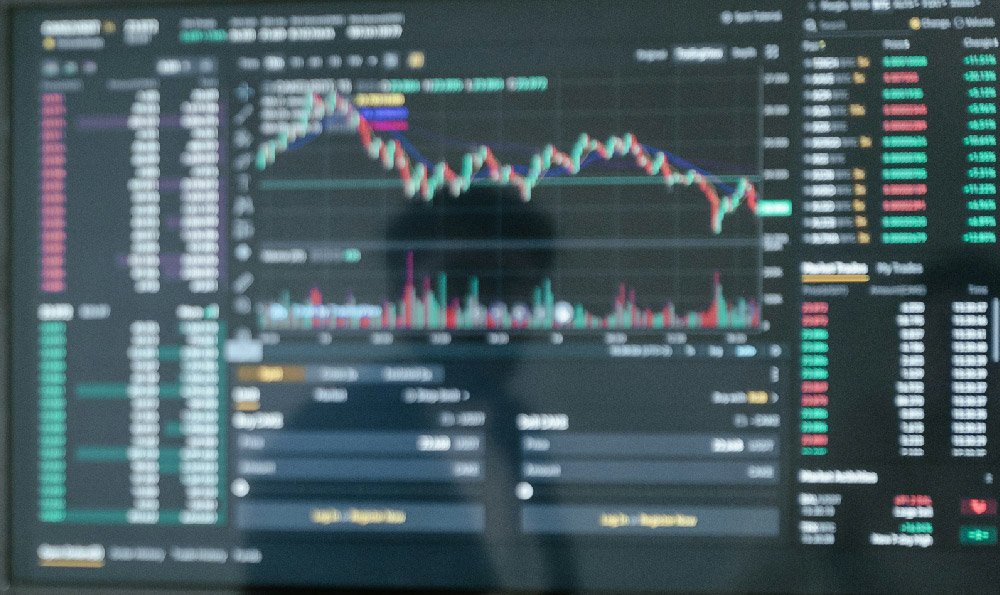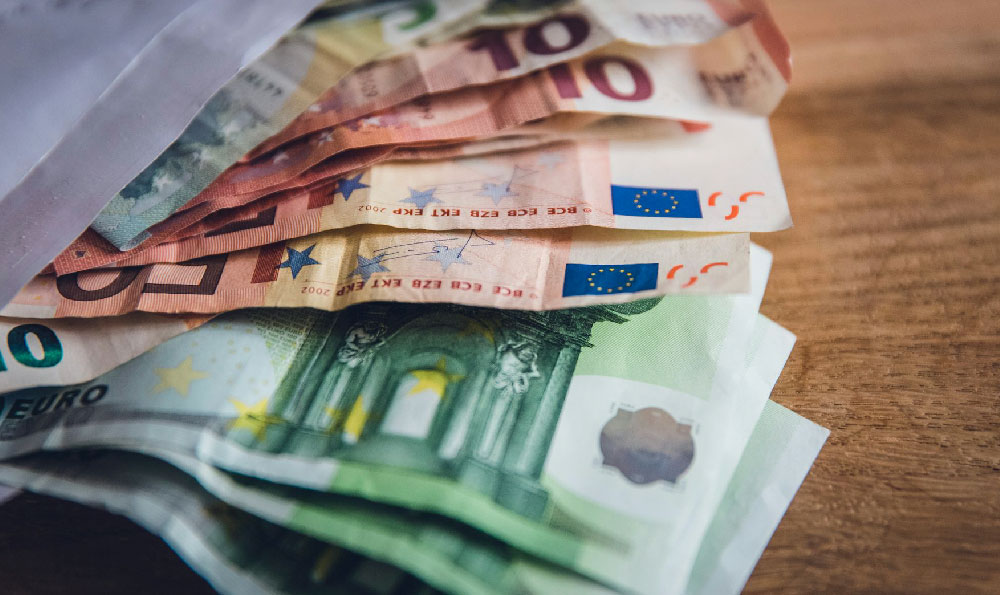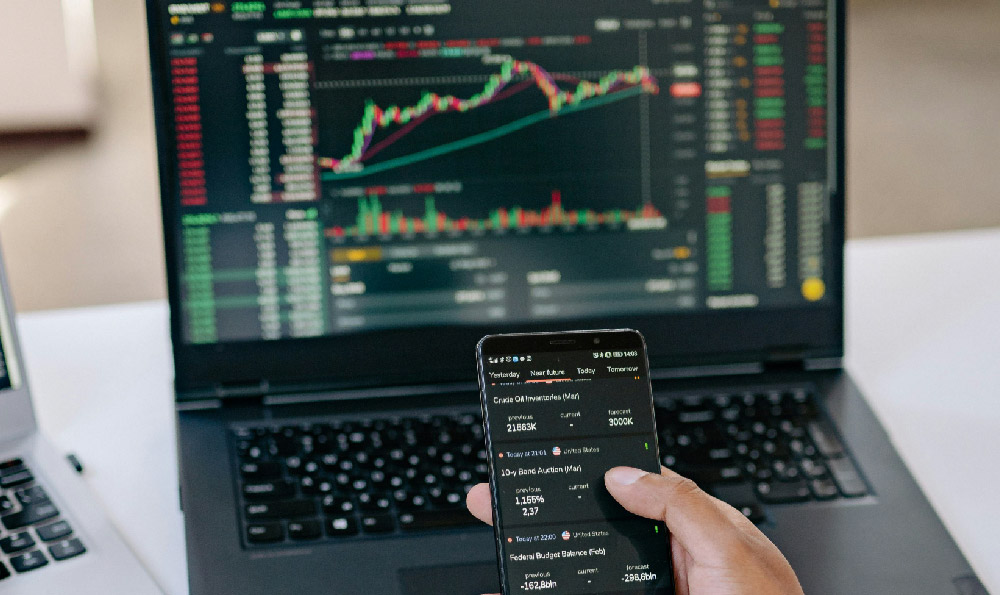how did donald trump build his billion-dollar empire

Donald Trump's rise from a struggling real estate developer to a billionaire businessman is a story of ambition, unconventional strategies, and relentless self-promotion. His empire, built over several decades, became a symbol of wealth and influence in both business and politics, but the path to success was not without its complexities. While his ventures in luxury real estate, hotel management, and entertainment have been widely documented, the methods he employed to scale his operations are worth examining for their impact on his financial growth and public perception.
Building the Foundation
Trump's journey began in the 1970s when he started developing high-end residential properties in New York City, a market that was still in its early stages of transformation. Unlike traditional developers who relied on long-term contracts and careful planning, Trump adopted a different approach. He often prioritized speed and visibility, ensuring that his projects were completed quickly to generate revenue and attract media attention. This strategy was particularly effective in the New York real estate scene, where the demand for luxury apartments was growing. By combining innovative marketing with aggressive sales tactics, Trump managed to secure significant profits early on, laying the groundwork for his future ventures. However, this method also came with risks, including financial overextension and legal disputes.
Expanding Through Brand Power
One of the defining aspects of Trump's business model was his ability to leverage his personal brand as a core asset. He strategically used his name and image to create a perception of exclusivity and success, which helped him attract high-profile clients and investors. For instance, Trump's signature "Trump Tower" became synonymous with luxury, allowing him to command premium prices for both residential and commercial spaces. This branding technique was not limited to real estate; it extended to his hotel ventures, where he crafted a brand identity that emphasized opulence and security. By surrounding himself with high-profile individuals and using public relations to maintain a favorable image, Trump maximized the value of his brand across multiple sectors.

Harnessing Financial Leverage
Unlike many traditional business models that emphasize organic growth, Trump relied heavily on financial leverage to expand his empire. He frequently used debt financing to acquire properties and projects, which allowed him to scale operations rapidly. However, this method also required careful risk management. Trump was known to negotiate favorable loan terms, often securing low-interest rates by leveraging his reputation and media presence. This financial acumen helped him maintain cash flow while expanding his portfolio. Nevertheless, the reliance on debt exposed his business to market volatility, and during periods of economic downturn, the consequences of such strategies became apparent.
Creating Diversified Revenue Streams
Trump's empire was not confined to a single industry; he strategically diversified his investments across real estate, hospitality, entertainment, and media. This diversification helped mitigate risks associated with market fluctuations and ensured a steady income stream. For example, his investments in sports teams, casinos, and luxury resorts created multiple revenue points. By integrating these sectors, Trump not only expanded his financial reach but also built a brand that resonated with a broad audience. However, this diversification also demanded significant resources and expertise, requiring him to manage multiple operations simultaneously.
Navigating Legal and Political Challenges
Throughout his career, Trump faced numerous legal and political challenges that tested his resilience. As his business grew, so did the scrutiny of government agencies and the public. He often found himself at the center of lawsuits related to business practices and legal code compliance, which sometimes affected his reputation. Despite these challenges, Trump maintained a dual role as a businessman and a political figure, using his legal battles to further amplify his public image. This exposure, however, also brought potential risks, as legal issues could impact his business operations and financial stability.
The Legacy of Trump's Empire
Even today, Trump's business ventures continue to influence the real estate and entertainment industries. His approach to branding, financial leveraging, and rapid expansion offers valuable insights for entrepreneurs, but it also raises important questions about sustainability and ethical standards. While his methods contributed to his financial success, they also highlighted the challenges of maintaining a long-term business model in a constantly evolving market. The legacy of his empire serves as a case study in how strategic investments and personal branding can shape a business's trajectory.
For aspiring entrepreneurs, Trump's story provides both inspiration and caution. His ability to innovate, take risks, and build a global brand is remarkable, but the potential pitfalls of his strategies, such as over-reliance on debt and legal disputes, underscore the importance of careful planning and risk management. While his empire has faced setbacks, its impact on the business world remains significant, offering lessons on the intersection of personal branding, financial acumen, and market dynamics. The key takeaway for investors is that success in any field requires a combination of vision, execution, and an understanding of both financial and legal landscapes.















